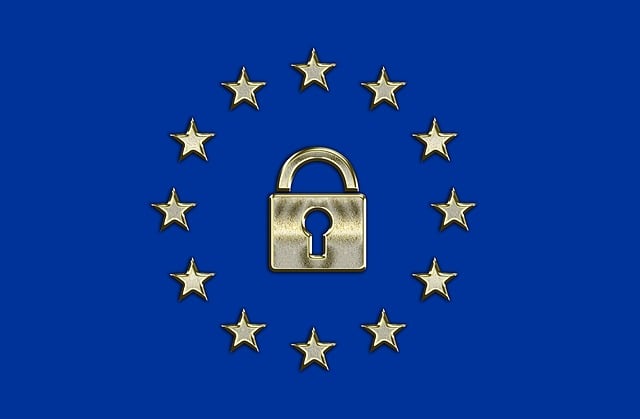In the intricate field of defamation litigation, successful strategies revolve around meticulous evidence examination, especially in complex cases like white-collar defense or public figure speech. Key to these strategies are a deep understanding of case dynamics, advanced technology for evidence management, and digital forensics to uncover hidden information. Advanced tools like enhanced e-discovery and specialized software help navigate today's digital age, bolstering cases and expediting processes. These innovations empower legal teams to secure favorable outcomes, balancing freedom of speech with the right to protect reputation in a complex legal landscape.
In the complex landscape of defamation litigation, effective support services play a pivotal role. This article explores successful strategies and key innovations that have revolutionized the management of defamation cases in the digital age. From understanding core definitions and navigating legal challenges to leveraging advanced technologies, we delve into essential tactics for robust litigation support. By examining these comprehensive approaches, practitioners can enhance case outcomes and efficiency in today’s fast-paced legal environment.
- Understanding Defamation Litigation: Key Definitions and Challenges
- Core Strategies for Effective Litigation Support Services
- Digital Age Innovations in Defamation Case Management
Understanding Defamation Litigation: Key Definitions and Challenges

Defamation litigation involves claims that someone has made false statements about another individual or entity, causing harm to their reputation. Understanding key definitions is crucial for navigating this complex area. A statement is considered defamatory if it exposes a person to public hatred, contempt, or ridicule, and lacks truth as a defense. The challenge lies in distinguishing between honest opinions and factual assertions, with the latter being more susceptible to legal action.
Successful strategies in defamation litigation often involve a thorough examination of the facts, evidence, and context surrounding the disputed statements. These cases can be particularly intricate, especially when dealing with complex issues such as white-collar defense or public figures’ speech. Across the country, jury trials in defamation cases require meticulous preparation to ensure that the truth is established, and any potential harm to reputation is fairly evaluated, striking a delicate balance between freedom of speech and the right to protect one’s good name.
Core Strategies for Effective Litigation Support Services

Litigation Support Services play a pivotal role in ensuring successful outcomes for legal cases, especially in complex matters such as defamation litigation. Among the core strategies that set apart effective litigation support is a comprehensive understanding of the unique dynamics at play in each case. This involves meticulously analyzing the facts and crafting strategies tailored to address the specific allegations, thereby countering them with compelling evidence. A strategic approach, coupled with an ability to adapt to evolving legal landscapes, is key to achieving extraordinary results across the country, where cases often span diverse jurisdictions and involve intricate financial transactions—a common feature in white-collar defense scenarios.
Moreover, leveraging advanced technology and data analytics can significantly enhance litigation support services. By employing sophisticated software tools, professionals can sift through vast amounts of documents, identify relevant information, and present it in a structured manner. This not only saves time but also ensures that no critical piece of evidence is overlooked. Effective use of these technologies has been shown to give legal teams an edge, helping them build stronger cases and ultimately facilitating more successful outcomes for their clients.
Digital Age Innovations in Defamation Case Management

In today’s digital era, advancements in technology have revolutionized the landscape of defamation case management. Successful strategies in defamation litigation now incorporate innovative tools and techniques that were previously unimaginable. For instance, e-discovery processes have become more efficient, enabling attorneys to sift through vast amounts of electronic data swiftly and accurately. This has proven invaluable in high-stakes cases, where understanding subtle nuances in digital communications can make all the difference.
Furthermore, digital forensics plays a pivotal role in uncovering evidence that might otherwise go unnoticed. Specialized software can trace online activity, identify malicious actors, and even attribute false statements to their sources. These innovations not only strengthen cases but also expedite the legal process. As a result, general criminal defense attorneys are better equipped to secure complete dismissal of all charges for their clients, ensuring fairness and justice in an increasingly complex legal environment.
In navigating the complex landscape of defamation litigation, understanding key definitions, embracing innovative strategies, and leveraging digital age advancements are essential. By mastering these successful strategies, legal professionals can effectively manage cases, ensure robust client support, and achieve positive outcomes. Core litigation support services, combined with modern tools, empower attorneys to defend reputations and preserve justice in today’s digital era.






